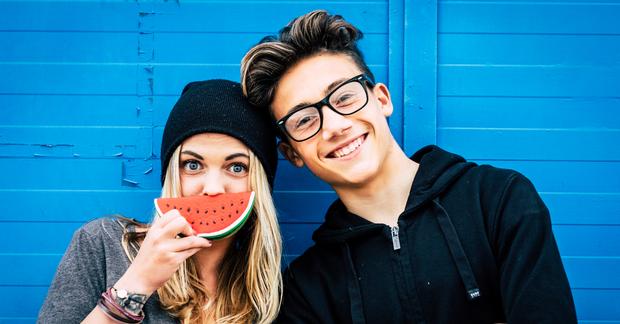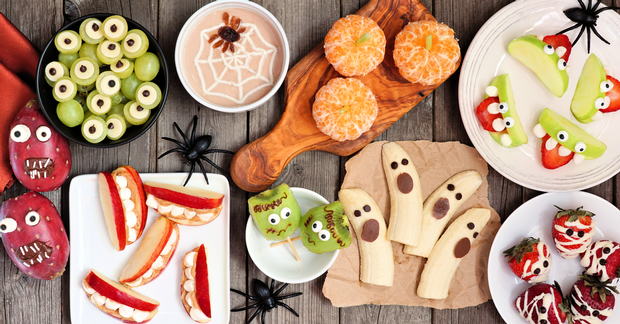He’s So Cute! Now What? (From the Kids)
Yvonne Nelson-Reid is a master practitioner for the Myers-Briggs Type Indicator® (MBTI®) instrument and a practitioner for the MMTIC® (Murphy-Meisgeier Type Indicator for Children®) assessment, who has been helping individuals, families, and children understand themselves better for over 25 years. In this series, From the Kids, Yvonne is dipping into her long history to share stories about the impact of type on the kids who take the MMTIC assessment from the perspective of the kids themselves.
"We just don't get each other!" Have you ever felt this way in a relationship with someone? Human beings are social creatures; we like being connected to each other, whether it be family, friends, or a special love interest. The idea of being in love is archetypal and universal, and deeply rooted in our humanity. Walk into any middle or high school (even elementary, at some level) and you can feel the electricity of love on the prowl. Let's face it, it isn't just young people who want to be in love; most of us do. Often it begins with an initial attraction. "He's so cute!" "She's beautiful!" That spark of chemistry and physical attraction can be so powerful that we fall immediately into a relationship with someone we hardly know. Now what?
Personality type plays a role in how we communicate with our significant others. Recognizing, acknowledging, and appreciating our different styles goes a long way towards lasting love and not just a fleeting romance. We need to honor our natural personality style while recognizing that our style might contrast with someone else's way of being. Learning that our way of communicating isn't the only way can significantly improve our relations with other people. My youngest daughter can speak to this directly and how learning about personality type has had a huge impact on her relationships, specifically between her and her boyfriend.
My daughter's high school sweetheart prefers Thinking (objective, analytical, direct and to the point) which is opposite to her preference for Feeling (empathetic, warm, and compassionate). When I asked her how understanding her personality type has helped her in her life, one of the first things she said is that it has helped her to understand her boyfriend better. At first, she would feel hurt when he did not seem to share the same harmonizing approach to life as her, or when he would sometimes come across as abrupt, or seemingly dismissive. There were times she wondered if they should even be together.
Grateful to know personality type, she quickly put the pieces together and started to see their differences as opportunities to learn more about each other. That doesn't mean it was easy but having type language helped them to better understand their different communication styles. There are still plenty of misunderstandings, however with practice, she is learning to not take everything he says personally, or to at least ask for clarification if she does feel hurt. "Knowing our personality type differences has validated both our experiences and has taught me to better communicate with him," she said. "Honestly, I'm not so sure we'd still be together without having this mutual understanding about our personality types and I would have missed out on all the great things we enjoy together. I don't always understand it in the moment but once I think about it, I realize that he doesn't mean to hurt me, he is just direct. I am working on being direct with him, but I find that so hard to do because I don't like hurting people's feelings. Thanks, mom, for teaching me about personality type, it has made a big difference, and you've saved me from many nights of crying myself to sleep," she added.
People often end relationships early when faced with challenges, or stay together unhappily, rather than talk through their differences. Of course, not all problems in relationships can be addressed through personality type differences, but it is a great place to start. The recognition and affirmation that we are okay just the way we are, even if that way is different from someone else, is at the forefront of the work I do, both as a professional and a mom. First honor your personality type preferences, then be willing to stretch to the opposite preference when appropriate to the situation, like when communicating with someone who has a different style than you. It might feel clumsy and awkward at first, with practice, however, speaking the type language of the person we are talking with can open communication rather than shut it down and give way to healthier relationships.



_thumb.png)














x.png)
.png)
.png)